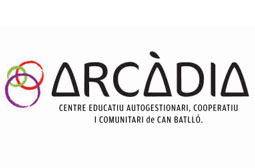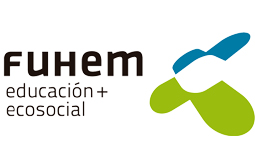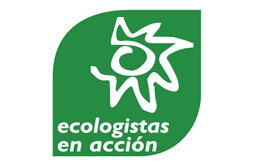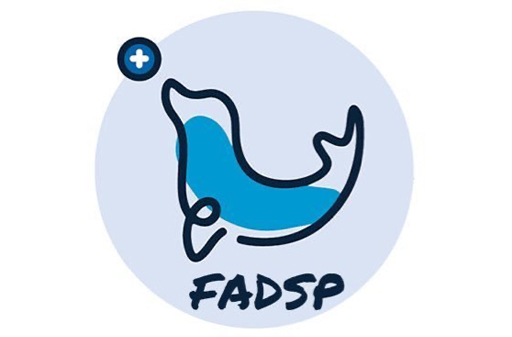What is your name? What is your relationship with this project? (0:21)
How, when and where does this project originate? (2:06)
Why did you choose the name Arcadia? (3:41)
Can you tell us about the neighborhood where the project Arcadia is located? (4:30)
What legal structure have you given to the project? (7:16)
The 15M has signified a moment of reorganization, (re) invention, strengthening or contribution to the experience of many of the groups with whom I have spoken to. What has the 15M signified for Arcadia? (9:42)
What relationship do you have with the institutional sphere? (10:39)
This is a non-formal education project. What type of educational proposal does this project defend? (12:43)
What educational curriculum does Arcadia want to convey? (17:15)
How does Arcadia involve families and the community? (18:02)
What is your opinion regarding formal education and the way it is presented? (20:37)
What kind of educational proposal is defended in this project? (24:53)
Who will have access to this project? (30:16)
What does Arcadia understand by “public”? (32:04)
At what point of the project is Arcadia currently in? (33:35)
How are you going to implement the project? (37:29)
Arcadia is a political project. What type of policy are we talking about? (38:22)
From what tradition do you think you come from? (39:29)
Keeping in mind the general political disaffection, how do you maintain the illusion as the engine of your work? How do you deal with setbacks? (41:34)

What we bring to the table is a project of self-managed education, which is neither public nor private– we call it communitary, self-managed, and cooperative. This is a project is created from our own professional standpoint, based on what we have observed while assisting collectives with generating their own projects. This is a project that emphasizes the principle of freedom, but the principle of freedom understood as collective, not individualist or competitive. It’s not the idea that ‘my freedom ends where yours begins,’ it is a collective process that we interpret as a skill that children and people have– that of being free. And being free is simply being able to make decisions about your life and about how to carry them out. That is the objective, that the children become autonomous. We understand that they are not born free, but rather that they have the ability to become free, and we help them develop this ability so that they become capable of decision-making, risk-taking, making mistakes and putting themselves back on track, and accomplishing all of this collectively, because freedom is a conquest and conquests are done collectively. We understand freedom as a skill that is acquired, that is the main concept. From there, other principles adjacent to freedom are also developed. If we believe that this organization is collective, then everyone has to be free and therefore there must be equality. On a practical level, we transform into a learning community. We understand the school, Arcadia, as a micro-society between adults and younger people, and we understand it in terms of neighborhoods: the pre-school neighborhood, the elementary school neighborhood, the secondary school neighborhood. This project is a collective management of the life of Arcadia and one’s own learning, and not just intellectual learning. A project like this is not a project with concrete hours. It’s a life project and there has to be a team ready to support this life project.





